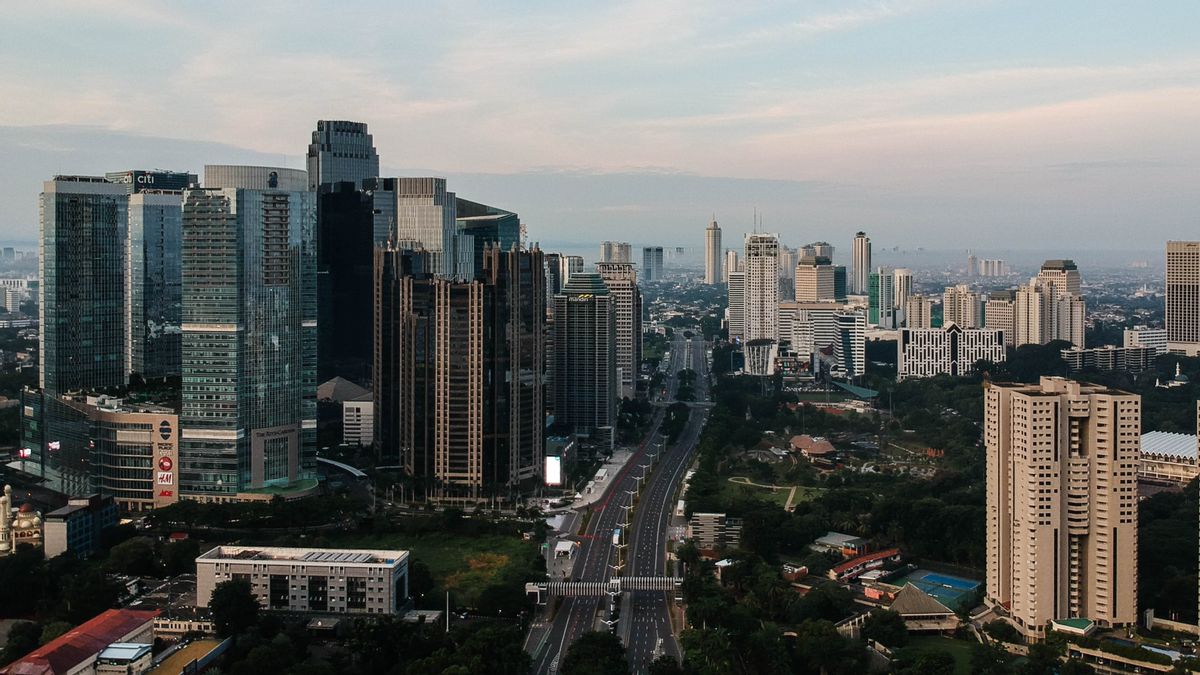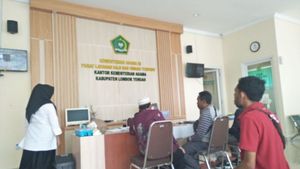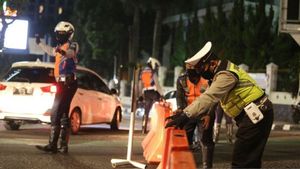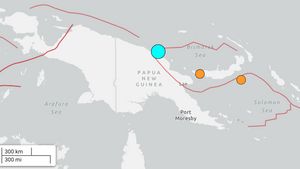JAKARTA - Again, the increase in positive cases of COVID-19 in Jakarta is said to be due to the increasingly weak supervision of the DKI Jakarta Provincial Government. In fact, a number of economic activities in the capital have been permitted. Supposedly, this is balanced with super tight supervision.
"Why can it explode now? That means, since the beginning of this month the supervision has been weak. If the supervision is still ongoing, there is no way that there will be a surge in cases like this," said member of the PDIP faction of the DPRD DKI Gilbert Simanjuntak when contacted, Monday, July 13.
According to this PDI-Perjuangan politician, weak supervision has an impact on the level of public compliance with health protocols as well. Therefore, the local government must increase surveillance again in order to reduce the transmission rate.
According to him, the reason for DKI Jakarta Governor Anies Baswedan for saying that the increase in positive cases was due to the massive examination was not an excuse. Anies said he had to find a solution so that positive cases could be suppressed. Moreover, DKI is currently implementing a transitional PSBB.
"Additional examinations of all kinds are useless if there is no further treatment. The important thing is, you (DKI Pemprov) will immediately find out where the clusters are," said Gilbert.
"Then, the COVID-19 cluster was immediately blocked. It needs assertiveness there. Handling in the field is lacking," he added.
As for the last few days, the development of COVID-19 in Jakarta has recorded a record spike in new cases. On Wednesday, July 8, the number of COVID-19 cases increased by 344 people. Saturday, July 11, increased 359 cases. The highest was on Sunday, July 12, with an increase of 404 cases.
Previously, Anies explained, the increasing number of cases in the last week was due to the incessant active testing.
"We do not wait for patients in health facilities (hospitals, clinics, and health centers), but our puskesmas are pursuing positive cases in the community. From there then they are isolated, those who are found to be positive," said Anies.
Anies said that this spike in cases was a warning to DKI residents during the transitional PSBB period which had been running for more than a month since last June 4. Starting from the beginning of the PSBB transition, it is known that the largest cluster is automatically 45.26 percent of hospital patients.
the second largest cluster were patients in the community 38 percent, those in the neighborhood. Then, in the market it is 6.8 percent, and Indonesian migrant workers are 5.8 percent. "The rest comes from offices," he said.
If in the future the development of the COVID-19 case in Jakarta continues to be high, Anies threatens to limit activities again and close a number of activities and places like the beginning of the PSBB period.
"I want to remind all citizens of Jakarta to be extra careful. Don't take it lightly. Don't feel that we are free from COVID-19. Because later if this condition continues, we have to pull the emergency brake (policy)," he said. Anies.
"If that happens, then we all have to return home, economic activities will stop, religious activities will stop, social activities will stop. We will all feel the difficulties if this situation continues," he added.
The English, Chinese, Japanese, Arabic, and French versions are automatically generated by the AI. So there may still be inaccuracies in translating, please always see Indonesian as our main language. (system supported by DigitalSiber.id)













